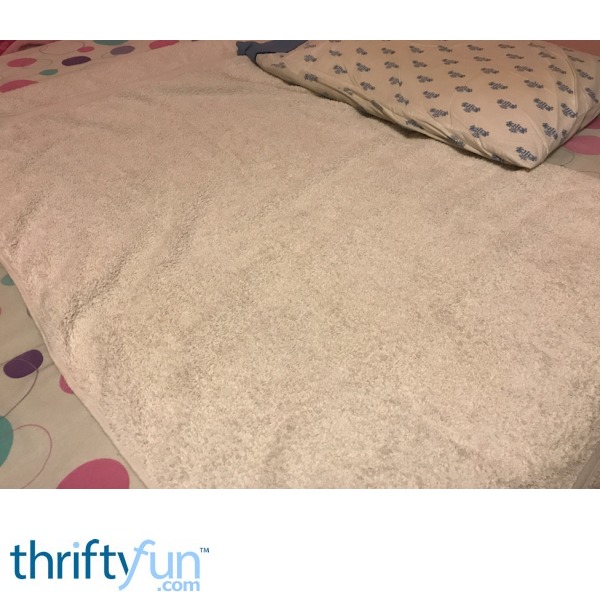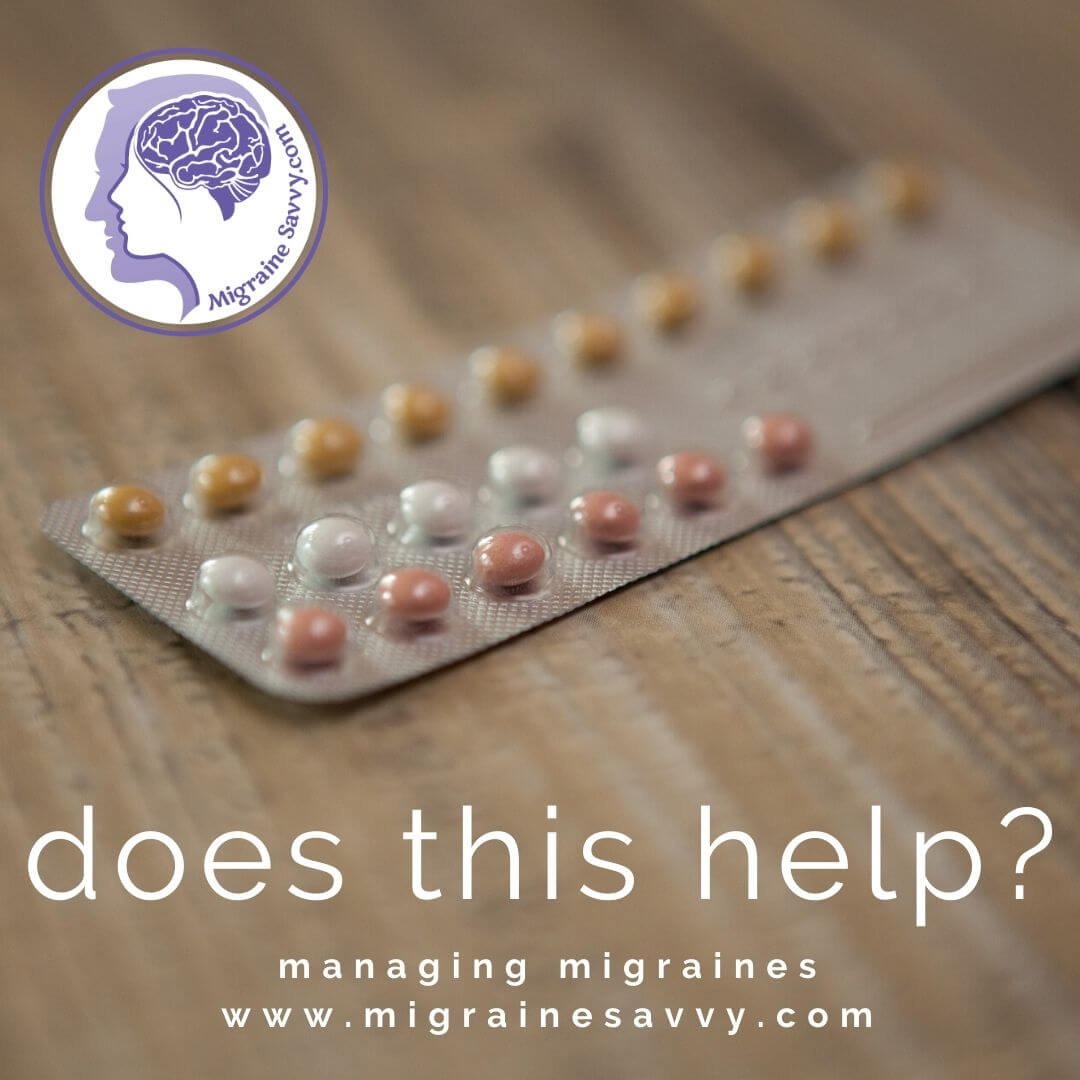
The Monthly Mystery: Menstrual Headaches Decoded
Hormones and the Headache Connection
Menstrual headaches, those pesky pains linked to changes in estrogen and progesterone, can really throw a wrench into anyone’s day. These headaches, sometimes called hormone-related headaches or menstrual migraines, tend to pop up around your period, though they can also make an appearance during ovulation. The exact reasons are still being figured out, but it’s pretty clear that these hormone shifts are a big deal. It’s not just the discomfort, it’s the timing, the predictability, the constant, ‘oh, here we go again’ feeling. It’s almost like your body’s monthly reminder, though, maybe not the kind you’d put on a calendar.
The intensity of these headaches can range from a mild throb to full-blown migraines with nausea, light sensitivity, and sound sensitivity. Some people deal with these headaches like clockwork every month, while others only get them now and then. The length of time they last can also vary, from a few hours to several days. This unpredictability can really mess with your plans and cause a lot of worry. It’s like trying to plan a picnic when the weather is totally unpredictable.
Beyond hormones, other things can make these headaches worse. Things like stress, changes in what you eat, and even not sleeping well can add to the problem. It’s a bit of a perfect storm. Your body is already working hard with the hormone changes, and then you add a stressful week at work and some bad nights of sleep? It’s a recipe for a headache. Knowing what sets these headaches off is key to managing them. Keeping a journal, or even just a note on your phone, can help you see patterns and figure out what might be triggering them.
Keep in mind, you’re not the only one dealing with this. Lots of people experience menstrual headaches, and there are ways to manage and prevent them. The first step is to understand what your body is telling you and recognize the patterns. It’s like learning your own personal weather forecast. Once you know the signs, you can start to prepare for the storm.
Daily Habits to Ward Off Headaches
The Importance of a Steady Routine
Getting consistent sleep, exercising regularly, and eating a balanced diet can really help reduce how often and how bad these headaches are. It’s all about creating a stable environment for your body. Imagine it as building a strong foundation for a house; the stronger the foundation, the less likely it is to have problems. Exercise, especially activities that get your heart rate up, can help regulate your hormones and reduce stress. It’s like giving your body a way to release some tension and blow off steam.
What you eat can also make a big difference. Cutting back on processed foods, caffeine, and alcohol can help keep your hormones steady and reduce inflammation. Staying hydrated is also important; not having enough water can trigger headaches. It’s like watering a plant, you need to keep it hydrated to keep it healthy. And, of course, keeping stress under control is crucial. Things like yoga, meditation, and deep breathing can help calm your nervous system and reduce the chance of headaches. It’s like giving your brain a little break, a chance to relax and unwind.
Regular exercise, even just walking or swimming, can improve blood flow and reduce muscle tension, both of which can lead to headaches. Aim for at least 30 minutes of exercise most days. Don’t think of it as a chore, think of it as a moving meditation. A chance to get away from everything and get your blood moving. It’s a reset button for your body and mind.
Don’t underestimate the importance of sleep. Aim for 7-9 hours of good sleep each night. A regular sleep schedule helps regulate your hormones and reduces stress. It’s like giving your brain a chance to recharge, to get ready for the day. Good sleep can make a big difference. It’s the ultimate ‘me time’ for your brain.
Medical Help and Pain Relief
When to Seek Professional Guidance
Over-the-counter pain relievers, like ibuprofen or naproxen, can give you some temporary relief from menstrual headaches. But, you need to use them as directed and not overdo it, which can cause rebound headaches. If those medications don’t work, talk to a doctor. They might suggest prescription medications, like triptans or CGRP inhibitors, which are made for migraines. It’s like calling in the experts, when you can’t fix it yourself.
Hormone treatments, like birth control pills or hormone replacement therapy, can also help manage menstrual headaches by keeping your hormones steady. This is especially helpful for people who get really bad headaches related to their period. It’s like taking control of the weather, a way to smooth out the hormonal ups and downs. But, you should talk to a doctor about these treatments to make sure you get the right dose and understand any possible side effects. It’s important to have all the information before making a decision.
Sometimes, other treatments, like acupuncture or massage, can help with menstrual headaches. These can help reduce muscle tension and help you relax. It’s like giving your body a little care, a chance to unwind and release tension. But, make sure you find qualified and licensed practitioners. It’s important to do your research and find someone you trust.
It’s important to keep track of your symptoms and tell your doctor about them. This will help them create a treatment plan that works for you. Don’t be afraid to ask questions and speak up for yourself. It’s your health, and you have the right to understand your options. It’s like being in charge of your own health, making informed decisions.
Eating and Drinking for Headache Prevention
Fueling Your Body the Right Way
Staying hydrated is key to preventing headaches. Not having enough water can trigger them, so drink plenty of water throughout the day. It’s like keeping your engine cool, you need to keep it hydrated to keep it running smoothly. Eating foods with magnesium, like leafy greens, nuts, and seeds, can also help reduce how often and how bad the headaches are. Magnesium helps with muscle relaxation and nerve function. It’s like a natural muscle relaxant, a way to ease tension and promote relaxation.
Cutting back on processed foods, caffeine, and alcohol can also help prevent headaches. These things can mess with your hormones and trigger headaches. It’s like avoiding the junk food of the hormonal world, a way to keep things stable and balanced. Focus on whole, unprocessed foods, like fruits, vegetables, and whole grains. These foods give you important nutrients and support your overall health. It’s like fueling your body with premium fuel, a way to keep it running at its best.
Certain foods, like aged cheese, chocolate, and red wine, can trigger migraines in some people. Knowing what these triggers are and avoiding them can help reduce the frequency of headaches. Keeping a food diary can help you figure out what might be causing them. It’s like being a detective, looking for clues and finding the culprits. Pay attention to how your body reacts to different foods and drinks. It’s your own personal experiment, a way to learn what works for you.
Remember, everyone is different, and what works for one person might not work for another. It’s important to try different things and find what works best for you. It’s like finding your own personal recipe for headache prevention, a combination of strategies that work for your unique needs. Don’t be afraid to try different approaches and find what makes you feel your best.
Relaxing and Managing Stress
Finding Your Inner Calm
Stress is a big trigger for menstrual headaches. Doing things to manage stress every day can help reduce how often and how bad the headaches are. Things like yoga, meditation, and deep breathing can help calm your nervous system and help you relax. It’s like giving your brain a little vacation, a chance to escape from the daily grind. It’s a mini-retreat for your mind.
Regular exercise can also help reduce stress. Exercise releases endorphins, which make you feel good and relieve pain. It’s like a natural pain reliever, a way to feel good and reduce stress. It’s a win-win situation. Finding a hobby or activity that you enjoy can also help reduce stress. Whether it’s reading, painting, or spending time outside, doing things that make you happy can help you relax and unwind. It’s like finding your own personal escape, a way to de-stress and recharge.
Taking care of yourself is important for managing stress. Make time for things you enjoy, and don’t be afraid to ask for help when you need it. It’s like putting your own oxygen mask on first, a way to make sure you’re taking care of yourself. It’s important to remember that you’re not alone, and there are people who care about you. Don’t be afraid to reach out and ask for support.
Having a relaxing routine before bed can also help you sleep better and reduce stress. Aim for a calming routine that helps you wind down. It’s about giving your mind and body

Have A Headache? These Will Help! Natural Headache Remedies,

Menstrual Cramps Causes And Management

Towel To Prevent Menstrual Stains Thriftyfun

Menstrual Headaches How Do You Stop Them Naturally?

Top 9 Tips On How To Get Relief From Period Pain At Home
